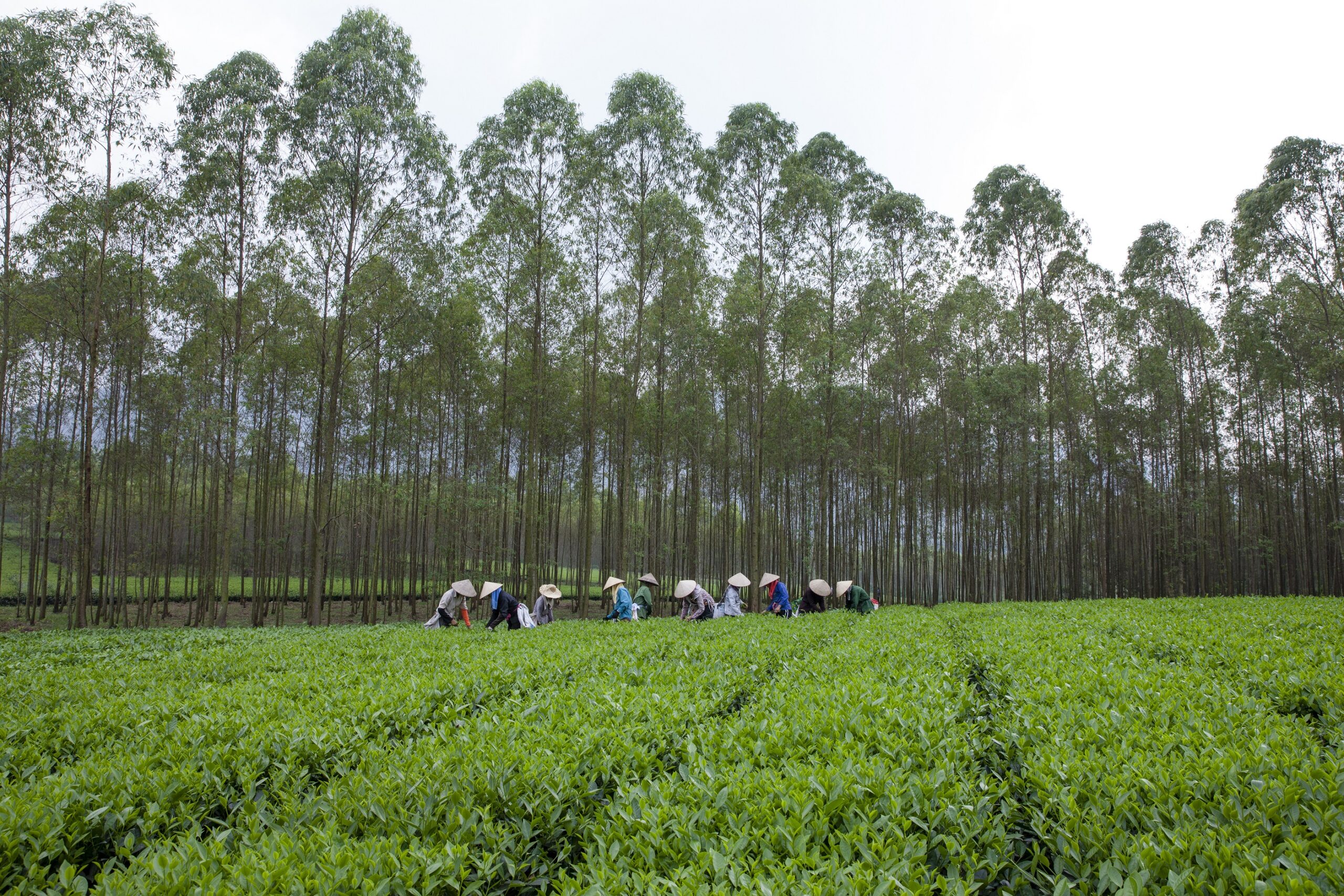

Despite its war-ridden and planned economy history today’s Vietnam is a vibrant and relative prosperous country in South-East Asia. Currently, Vietnam belongs to the top agrarian export countries with rice, coffee, cashew nuts, vegetables, fruits and aquaculture products as main export products. In fact, many farmers are currently organized in around 15,000 agri-cooperatives in Vietnam, but yet cooperatives play only a minor role in the export branch. Firstly, they lack capital to invest into processing and storage facilities to maintain their products up to international standards. Secondly, many of the cooperative officials and directors are not adequately equipped with management knowledge to run their cooperative in a professional and efficient way. Indeed, just half of the existing cooperatives are operating with profit and that’s where DGRV intends to offer its support.
One main focus of our long-term project is to capacitate cooperative officers and leaders so that they can sustain their position in an increasingly competitive market.
In the past, we and many other NGOs organized plenty of short training courses (2-3 days) on different topics like good corporate governance, business plan, etc. Throughout the years, we have recognized that this training approach is not systemic and not efficient enough. It happens very often that cooperative leaders were overloaded with a high number of short term trainings organized by different institutions, thus slowly lost interest in participating in such courses.
They sent their staff instead, which resulted in the fact that hardly any changes could be implemented at cooperative management-level.
Based on this observation, the DGRV team in Vietnam decided to introduce a curricular training system to our Vietnamese partners, among which the Vietnamese Cooperative Alliance (VCA) and the Ministry of Agriculture and Rural Development have shown interest in. Nevertheless, they illustrated that such a change in a training system for cooperatives would be very extensive and in need of high expertise and thus asked DGRV to support them in piloting this approach.
A turning point came after a study tour to Germany organized in 2018. One member of this study tour, Mr. Phuong, is the current director of the vocational training school for cooperatives in the South of Vietnam. His school got the approval for the organization of mid-term courses for cooperative directors (around 450 hours). Due to the lack of financial support from the central and provincial government for this kind of courses, he was able to hold only one course in the Tay Ninh province in the South of Vietnam. Upon his request, DGRV and MARD co-financed another mid-term course for incoming cooperative directors in Tra Vinh, a province in the Mekong delta.
38 participants have graduated successfully after spending three days per week attending the course for the duration of six month. Among them are many students under the age of 35 who represent promising cooperative leaders in the future.
In the closing ceremony, a short voting round was conducted in which half of the participants agreed that they are willing to pay a fee to attend the course. This fact is a proof for DGRV that the course was in fact very useful for their current work and should be multiplied nationwide.
Recently, four more courses were planned and organized with only partial financial support from DGRV, which indicates that the interest and awareness for a change in training courses is growing at provincial level. A nationwide conference is planned for the end of the year so that DGRV can convince its strategical partners of the efficiency of this curricular training approach.
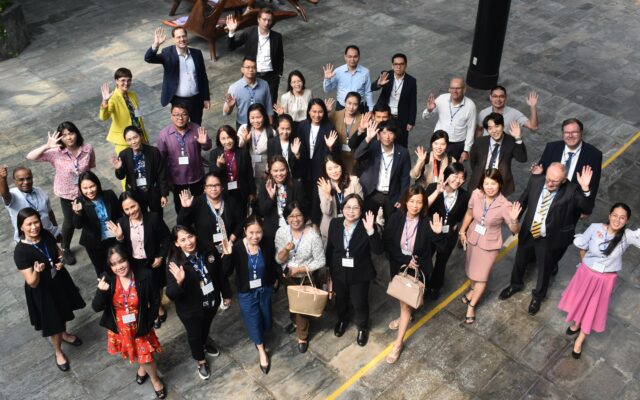
A new partnership between DGRV and the Cooperative Development Authority (CDA) in the Philippines is enhancing regulatory oversight and stability within the cooperative sector.
More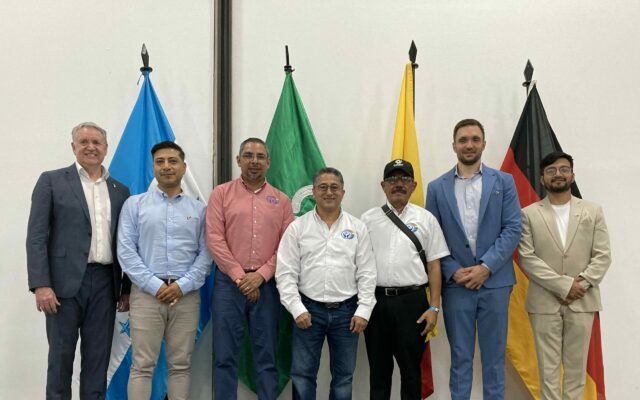
DGRV’s project in Honduras focuses on strengthening the cooperative financial sector, particularly in rural areas, and improving access to financial products and services. The initiative also aims to enhance resilience to climate change and promote the efficient use of natural resources, fostering sustainable and inclusive economic growth.
More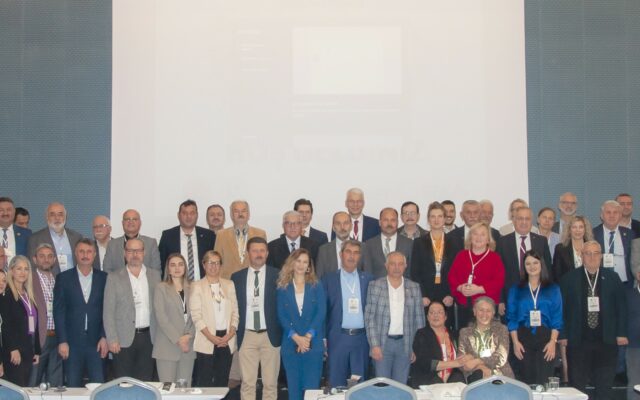
The 8-year long TAKBİ project within the framework of the Turkish and German association cooperation, revitalized Turkish agricultural cooperatives by surmounting challenges, elevating organizational structures, improving service quality, and fostering member satisfaction, leaving a lasting positive impact on the cooperative landscape in Turkey.
More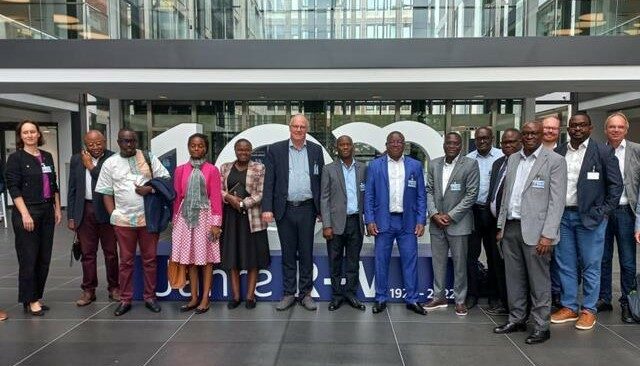
Financial experts from Benin, Cameroon, and Uganda embarked on a journey to Germany to explore the essence of cooperative principles, forging a vision for a resilient banking sector that transcends borders and fosters economic and social progress in African communities.
More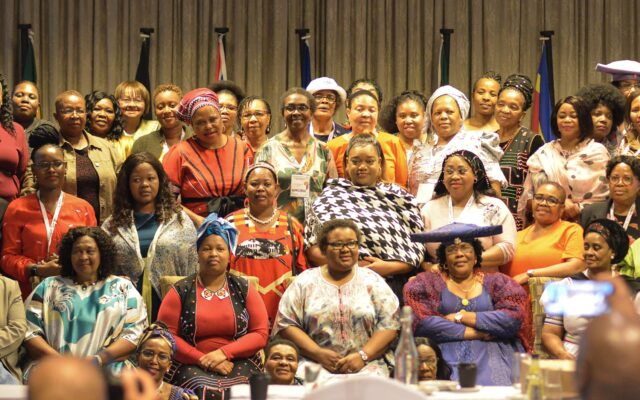
In an extraordinary gathering, female traditional leaders from Southern Africa converged to harmonize the concepts of Ubuntu and cooperative principles, setting a visionary path for community development.
More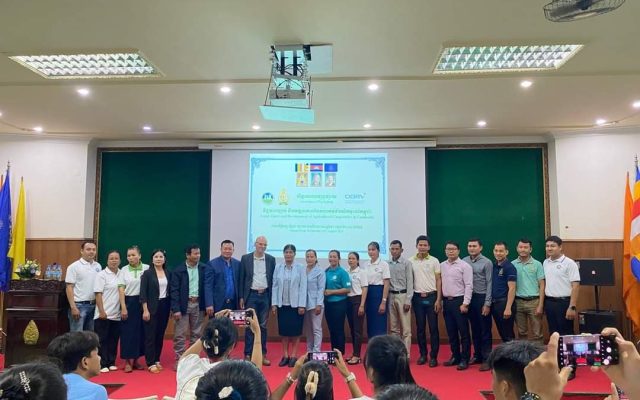
Empowering Cambodia's agricultural cooperatives through dynamic seminars: DGRV and AERD/RUA collaborate to drive leadership, professionalism, and sustainable growth.
More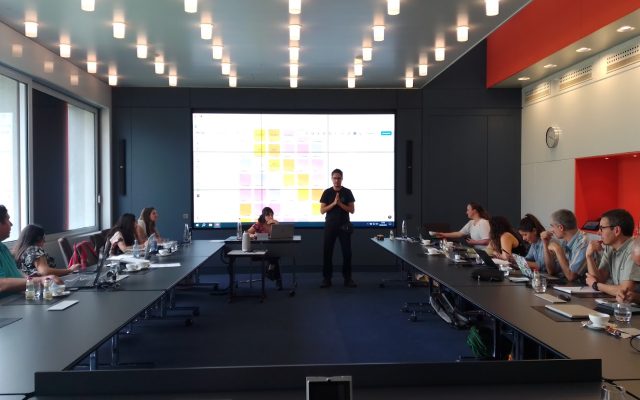
In June, eight Chilean organizations participated in an Exposure Visit to learn from the experience of Energy Cooperatives in Germany
More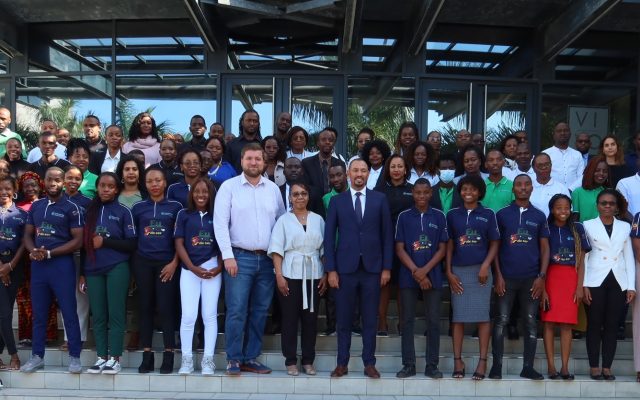
Empowering Mozambican youth through cooperative entrepreneurship to tackle unemployment and promote economic growth.
More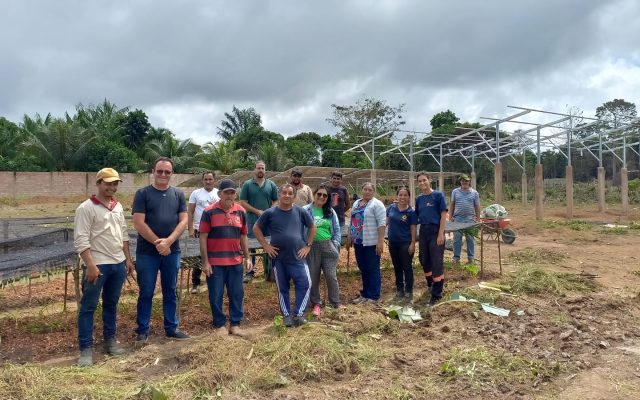
Helping the cooperative CCampo Alimentos to implement an Agrivoltaic pilot project in Brazil
More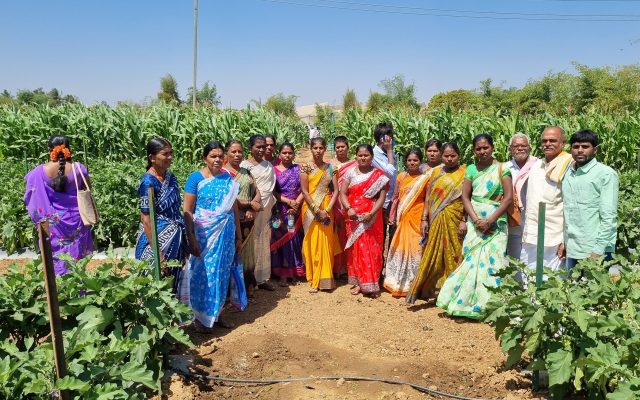
Adaptation measures to climate change in rural areas in India
More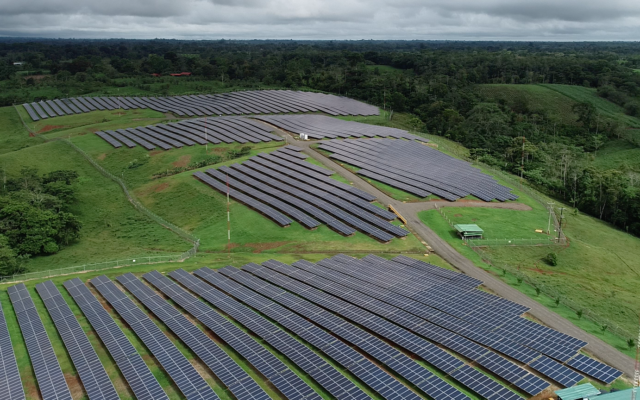
Renewable Energy in Costa Rica generated by cooperatives.
More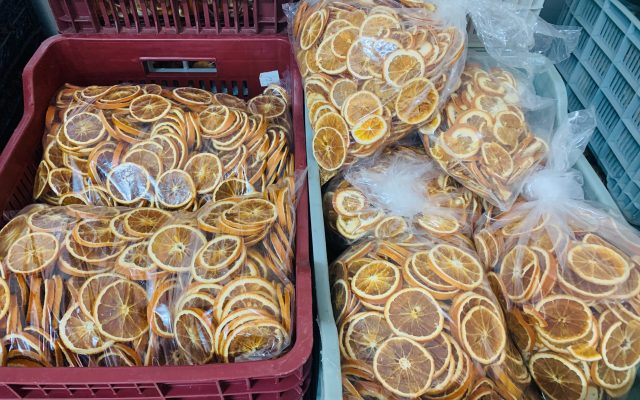
Food Processing with a Regional Federation
More
Digitisation of Primary Co-operatives in eSwatini
More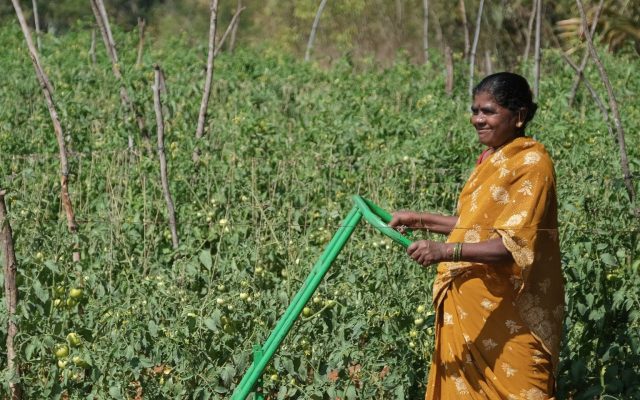
A central solution that enables members to make daily agricultural necessities available promptly and financially affordable
More
The creation of Community Distributed Generation Cooperatives in Chile.
More
Textile cooperative in Tunisia
More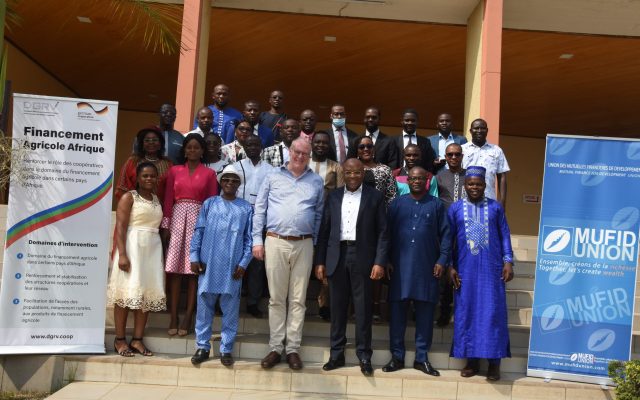
Facilitating access to quality agricultural finance products in Cameroon
More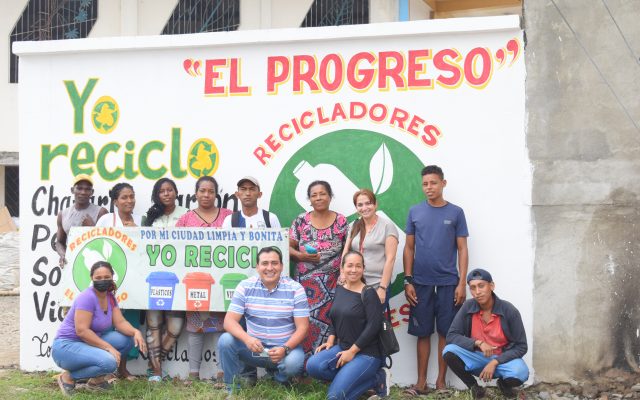
Generating business and commercial connections with the "Networks in Action" project
More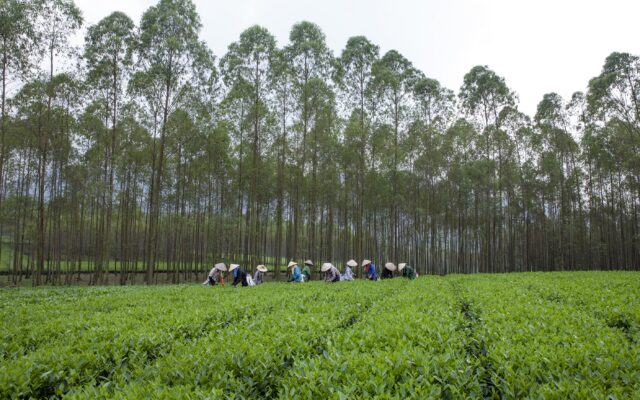
Mid- term courses for cooperative officials in Vietnam
More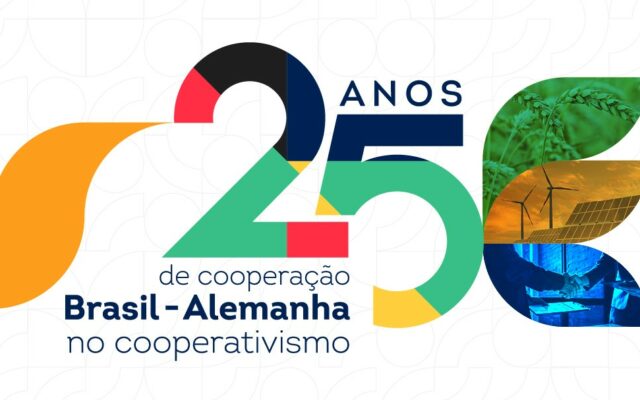
The collaboration between the Brazilian and German cooperative sector
More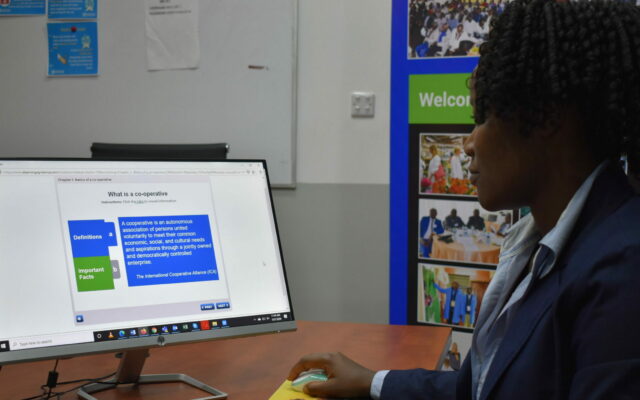
DGRV Kenya supports project partners on their way to adapt to “The new normal” in times of COVID-19
More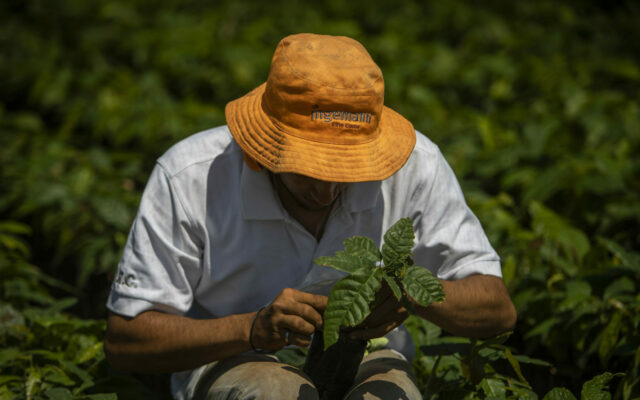
Pablo and his Potatoes
More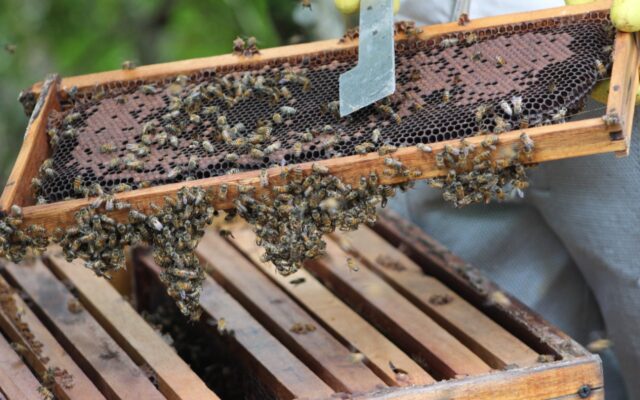
Strengthening small rural producer organizations in Colombia
More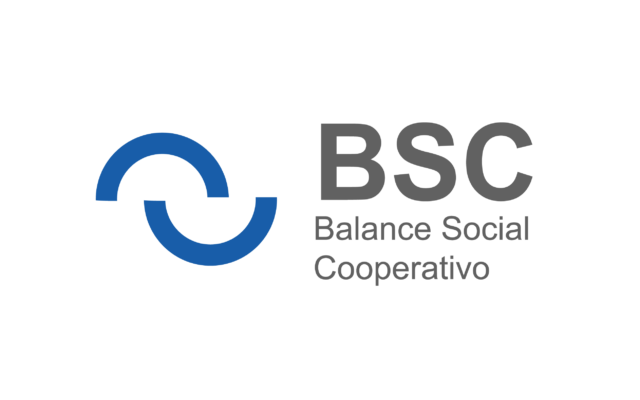
Cooperative Social Responsibility in Honduras
More